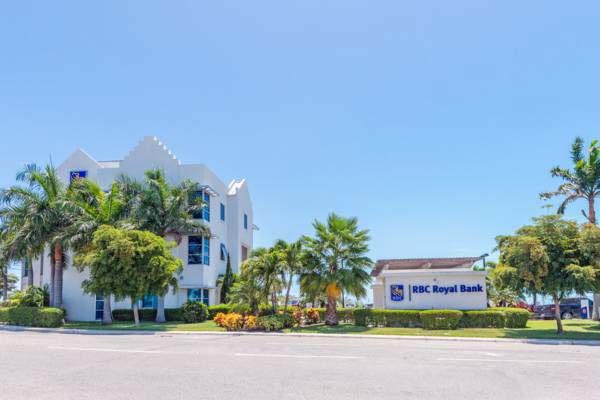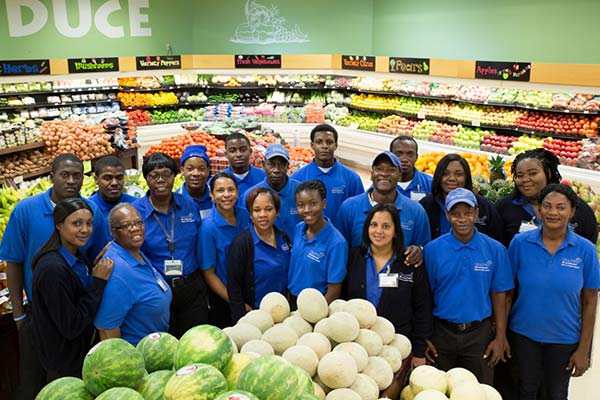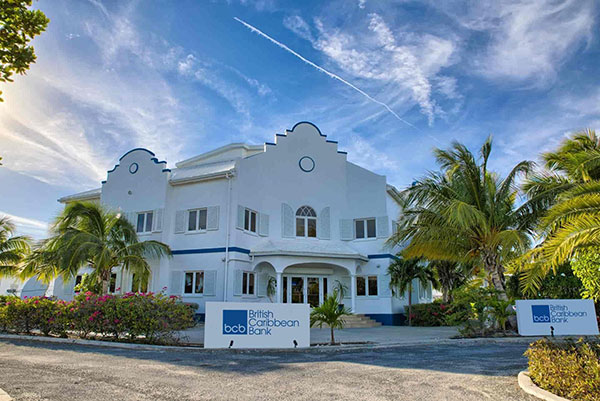Banking / Food / Education





Banking
The Turks and Caicos Islands are home to full service banks offering international banking, corporate and offshore investing.
Since the first commercial and retail bank opened its doors to customers on the island of Grand Turk in 1966, financial institutions have been providing the business community, residents and visitors alike the access to money required to keep the local economy flourishing.
The local banking sector is characterized by a combination of strong international brands with a track record of operations here and abroad competing against and complementing the services provided by long-standing, boutique and specialized operators.
Each investor will require services provided by our commercial banks to facilitate efficient operations. There are three commercial banks:
Food
Variety, quality, and reliability are the key words used to describe food distribution in the Turks and Caicos Islands. Visitors and residents benefit from a competitive retail and wholesale environment served by several supermarkets and stores.
The larger and more sophisticated networks serve the primary tourist hub of Providenciales, while many family-owned stores bring convenience to many neighborhoods and less-populated islands.
While some produce is grown on island, and much fish, conch, and lobster is farmed or fished here, the majority of food sold in grocery stores is imported.
Education
For investors and permanent residence certificate holders choosing to make Turks and Caicos their second home, our strong education system provides a measure of comfort and assurance for families with school-aged children.
As a British territory, the educational system of Turks and Caicos is based closely on the British model, and the primary language of instruction at all levels is English.
Education is mandatory for all children ages 4-16 residing legally in the islands. The government provides schooling for these age groups free of charge. In 2014/15, 12.6% of the national budget was spent on education.
There are currently over 6,000 students attending public and private schools combined. The Turks and Caicos government operates fifteen public schools across the islands: ten primary and five secondary schools.
The primary programme caters to the first eight years of a child’s school life. The secondary programme catering to the last five years.
Tertiary education is available through the TCI Community College, which has campuses on both Grand Turk and Providenciales.
In addition to public schools, as of the end of the 2015 academic year, there were 33 private institutions including 26 preprimary/primary and seven high schools.
On the pre- and primary school level, the system is determined by the Ministry of Education. There has been a recent revision of the curriculum which commenced in January 2016. Results are currently being piloted at several local schools.
The secondary-school level is based on the Caribbean Secondary Education Certificate, or CSEC. The CSEC examination is a regional test completed by high school students in the Caribbean. At public high schools from 2012 to 2015, over 90% of students graduated.

